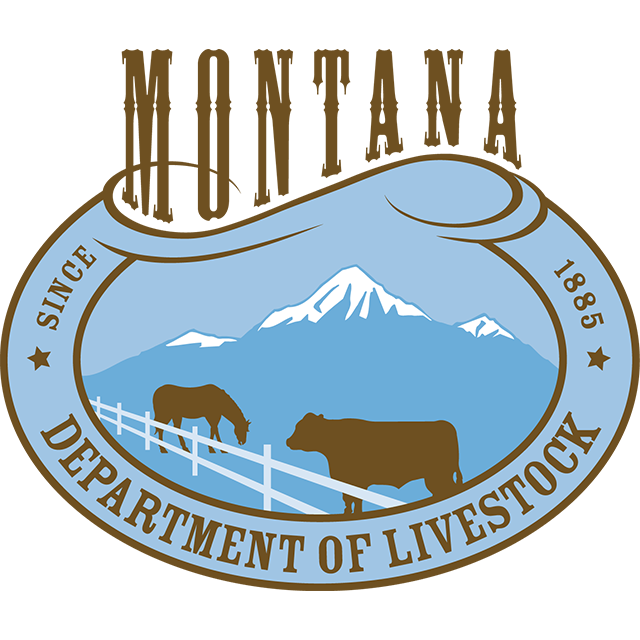
Here to serve the people of Montana and its livestock industry.
Animal Health Bureau
- Permits & Forms
- Brucellosis
- Brucella canis
- Feral Swine
- High Path Avian Influenza
- Johne's
- Rabies
- Trichomoniasis
- West Nile Virus
- National Poultry Improvement Program (NPIP)
- Pay for Permits Online
Helpful Links
Contact Information
Department of Livestock
Animal Health Bureau
PO Box 202001
Helena, MT 59620-2001
Email: livpermits@mt.gov
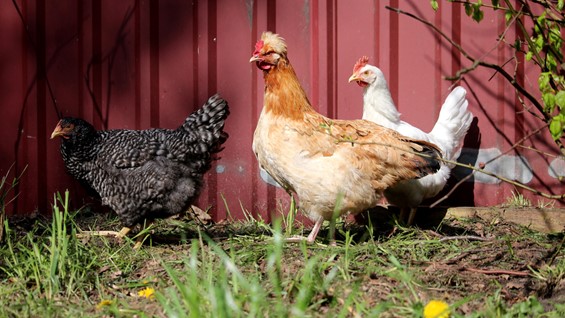
What is the National Poultry Improvement Plan?
The National Poultry Improvement Plan was established in the early 1930's to provide a cooperative industry, state, and federal program through which new diagnostic technology can be effectively applied to the improvement of poultry and poultry products throughout the country.
The NPIP was initiated to help diminish the spread of Pullorum Disease, caused by Salmonella Pullorum which was rampant in the poultry industry and could cause upwards of 80% mortality in baby poultry. The program was later extended to include testing and monitoring for other poultry diseases. The program currently offers testing and monitoring of:- Salmonella Pullorum
- Salmonella Gallinarum
- Mycoplasma gallisepticum
- Mycoplasma synoviae
- Mycoplasma meleagridis (for turkeys)
- Avian Influenza (1)
The NPIP currently includes commercial poultry and hobbyist poultry facilities. Poultry that can join the program include chickens, turkeys, waterfowl (ducks, geese, swans), pheasants, quail, peafowl, guineas, chukars, grouse, ostrich, emu, rhea, and cassowary.
- Doves, pigeons, and birds of prey (i.e., falcons) are not eligible for NPIP certification.
NPIP covers the following flock types:
- Backyard/Exhibition Poultry (Part 145-E): A small flock of domesticated poultry or fowl which are bred for meat or egg production as well as competitive showing.
- Backyard flocks are required to test up to 300 birds that are 4 months of age or older for S. pullorum, once every 1-3 years (there is no flock size requirement for backyard flocks, testing caps out at a maximum of 300 birds for S. pullorum regardless of flock size). Avian influenza testing is optional, but recommended, for backyard flocks.
- If a backyard flock chooses to be AI certified, they must have 30 birds swabbed for AI every six months.
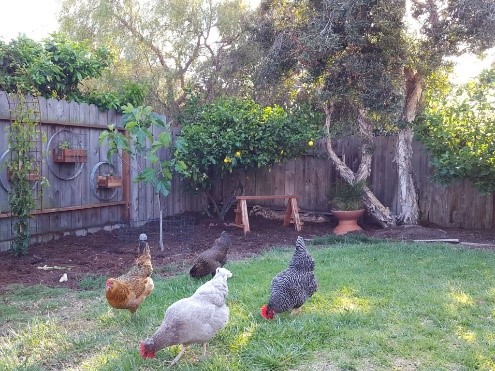
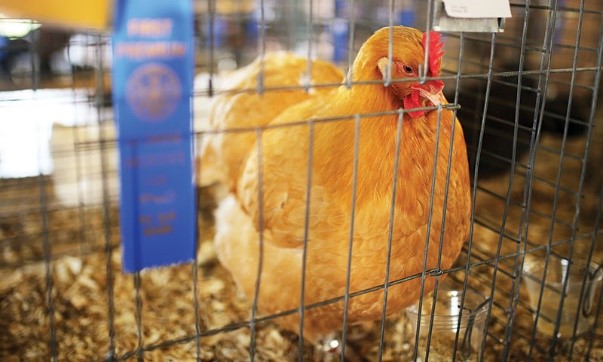
- Game Bird Farms (Part 145-J): Domesticated fowl such as waterfowl (ducks, geese, swans), pheasants, quail, partridges, grouse, and guineas.
- Game bird farms are required to test up to 300 birds that are 4 months of age or older for S. pullorum, once every 1-3 years.
- Avian Influenza testing is required for game bird farms. They must have 30 birds swabbed for AI every 90 days.
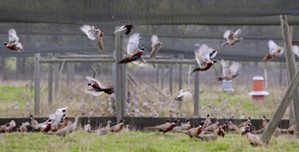
- Commercial Poultry (Part 146): A large production of meat birds or table egg layers (table egg layers specifically: 146-B).
- Table Egg Layers are required to test up to 300 birds that are 4 months of age or older for S. pullorum once for enrollment.
- Avian Influenza testing is required for table egg layers. They must swab 11 birds for AI every six months.
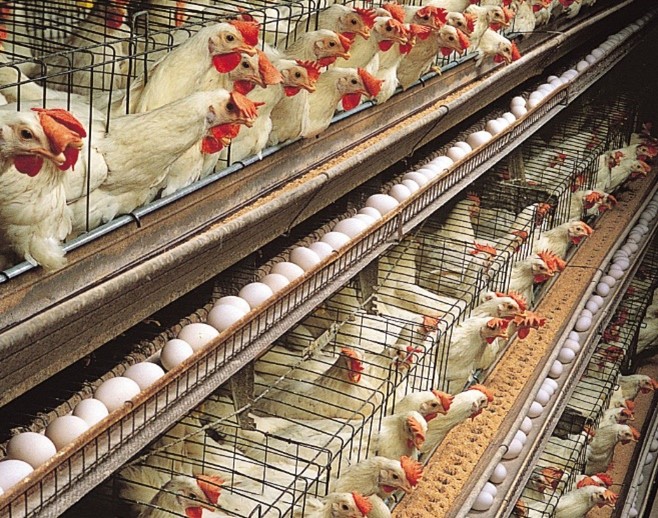
- Dealer (Part 145-E): An individual or business that deals in commerce in hatching eggs, newly hatched poultry, and started poultry obtained from breeding flocks and hatcheries. This does not include an individual or business that deals in commerce in buying and selling poultry for slaughter only.
- Dealers fall under the certification of the hatcheries they supply for; no additional testing is required for a Dealer.
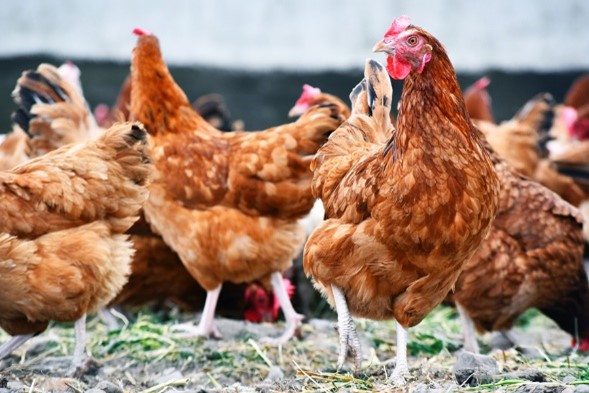
How can I become NPIP Certified?
The National NPIP program relies on State Officials to help administer the program (2) ; they are referred to as the Official State Agent (OSA). MDOL is the OSA for Montana and provides requirements for NPIP certified flocks.
MDOL encourages all poultry and game bird owners to become NPIP certified. If you are interested in certification, please call our office at (406) 444-2976 or email us (livpermits@mt.gov).
What is the cost to be NPIP Certified?
There is no fee to obtain NPIP certification; however, your private veterinarian or Authorized Testing Agent (ATA) may require a fee for their time. MDOL supplies veterinarians or ATAs with the supplies needed to complete NPIP testing and pays for Avian Influenza testing at the Montana Veterinary Diagnostic Laboratory (MVDL).
What are the annual program requirements?
-
-
- Complete required testing for each certification with a veterinarian or ATA.
- Keep records of poultry purchases and sales using VS 9-3 forms via the NPIP data base.
- Follow proper biosecurity measures recommended by the United States Department of Agriculture Animal and Plant Health Inspection Service (USDA-APHIS).
-
What are the benefits to becoming NPIP Certified?
-
-
- Understand the health status of your flock due to regular testing.
- Recognition of your flock as NPIP certified on the national NPIP website, which you can advertise to your buyers.
- Ability to move birds across state lines more efficiently using a VS Form 9-3 (many states surrounding Montana require a negative Pullorum and negative Avian Influenza test to move birds).
- Always contact the NPIP Official State Agency in other states to check requirements before shipping birds.
- Fulfill poultry show/exhibition health requirements.
- NPIP certification may allow for indemnity in the event your flock have a confirmed disease outbreak.
-
Biosecurity – Defend Your Flock!
Biosecurity is the key to keeping our nation’s poultry healthy. USDA’s Defend the Flock education program offers free tools and resources to help everyone who works with or handles poultry follow proper biosecurity practices. These practices will help keep your birds healthy and reduce the risk of avian influenza and other infectious diseases. Biosecurity is everyone’s job. Become a Flock Defender today and help us protect all flocks!
Other Resources:
(1), (2) “NPIP: Animal Health.” NPIP | Animal Health. Accessed March 2, 2022. Website: View NPIP Animal Health web page.